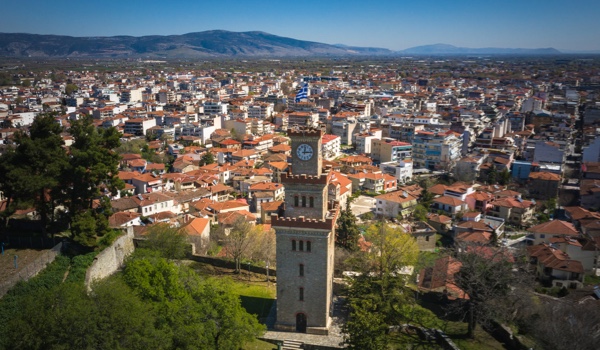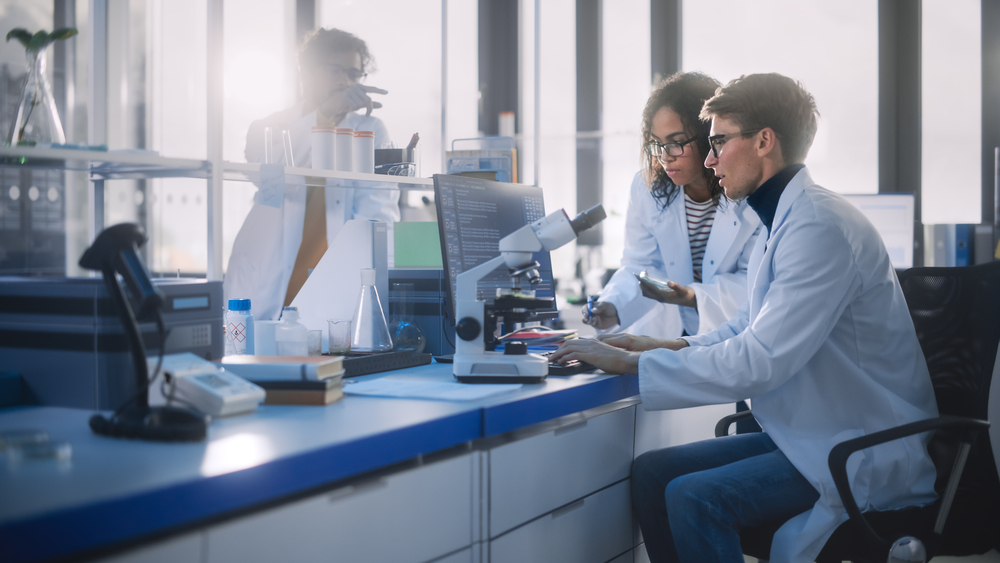


LONDON - Aging is a systemic process that includes the deterioration of all organs and systems of the organism. Studying COVID-19 disease, longevity experts have discovered a common mechanism that triggers both inflammation and age-related health conditions.
The inflammatory response is an essential part of the immune system for its function. COVID-19 pathogens might induce excessive cytokine - small proteins crucial in controlling the growth and activity of other immune system cells and blood cells - responses, resulting in damage to multiple organs.
My studies focus on the identification of specific inflammatory response signaling pathways. An integrative approach to mitigating the consequences of both COVID and aging was demonstrated at the ILA-HEALES Conference. The report by Gregory Fahy, a scientist and entrepreneur who is developing clinical methods of reversing aging of the immune system, on this topic was based on his paper ‘Reversing immunosenescence for the prevention of COVID-19.’1
The reason that susceptibility to COVID-19 increases by age is because of an age-related decline of immune competence, or immunosenescence, which is related to the involution of the thymus by age. Fortunately, there are some proven solutions to prevent the amplification of both.
Quercetin has been shown to stimulate both antioxidant response genes and protein expression in various cell types, and these proteins may also be able to prevent damage from subsequent oxidative insults, such as heme oxygenase-1 (HO-1) in RAW264.7 macrophages.2
The metabolic, molecular, and cellular mechanisms that mediate both improvement in health during aging to diet and genetic variation in the response to diet are being identified.3 These works are also paving the way for the dietary and pharmacological rejuvenation of immunity.
Fahy
The content herein is subject to copyright by The Yuan. All rights reserved. The content of the services is owned or licensed to The Yuan. Such content from The Yuan may be shared and reprinted but must clearly identify The Yuan as its original source. Content from a third-party copyright holder identified in the copyright notice contained in such third party’s content appearing in The Yuan must likewise be clearly labeled as such. Continue with Linkedin
Continue with Linkedin
 Continue with Google
Continue with Google











 1486 views
1486 views






